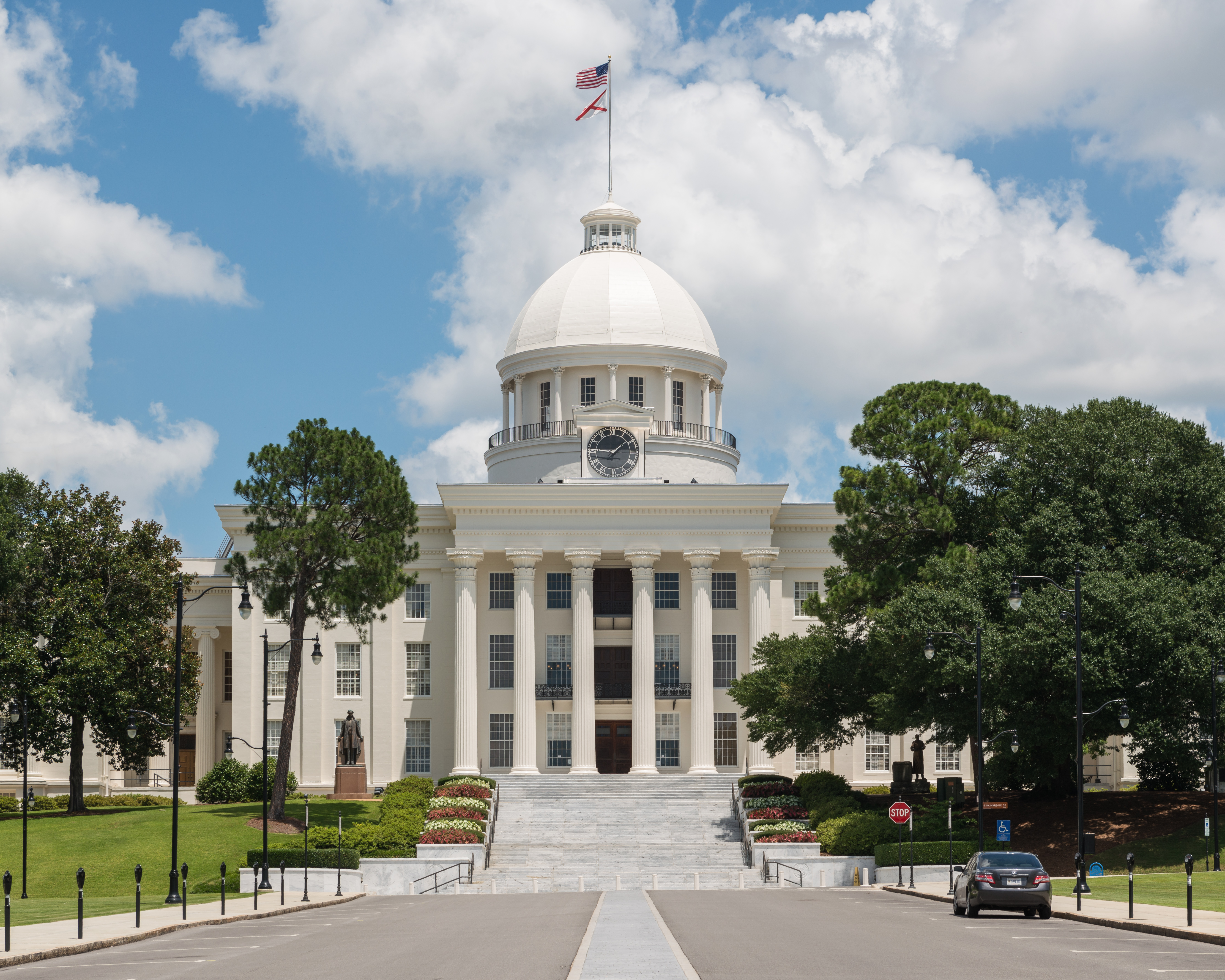In November, Alabama voters will decide a constitutional amendment that would authorize the state or local governments, such as counties or cities, to grant federal award funds, or any funds designated for broadband infrastructure by state law, to public or private entities for broadband internet infrastructure. Funds granted by a local government to a private entity would need to be approved at a public meeting held by the county or municipality.
The American Rescue Plan Act (ARPA), signed by President Biden in March 2021, provided $130 billion to states for local government uses, including investments in broadband infrastructure.
The Alabama Legislature passed and the governor signed House Bill 1 on January 27, 2022. It provided for the allocation of $772 million received by the state under the ARPA. Alabama HB 1 provided for $277 million to be used to fund broadband expansion.
This constitutional amendment was supported by the Association of County Commissions of Alabama, which said that a constitutional amendment was needed to allow counties to use the designated ARPA funding for broadband expansion because the state constitution prohibits local governments from using funds to provide a thing of value to a private entity.
The amendment was introduced as House Bill 255 and was passed in the House by a vote of 101-0, with two members absent, on February 15, 2022. It was passed in the Senate on March 10 by a vote of 27-0, with eight members absent.
The broadband amendment is the seventh constitutional amendment referred to the 2022 statewide ballot by the Alabama State Legislature. The state legislature also referred a constitutional amendment to the May 24 ballot that would authorize $85 million in bonds to be issued for improving, renovating, and maintaining public historical sites and state parks, excluding the Confederate Memorial Park in Marbury. Other measures appearing on the November 2022 ballot include:
- A question asking voters to ratify an updated and recompiled state constitution, which was drafted by the state legislature following voter approval of Amendment 4 in 2020;
- An amendment removing orphans’ business from the jurisdiction of county probate court;
- An amendment to allow the state legislature to provide for offenses for which bail may be denied;
- An amendment to require changes to laws governing the conduct of a general election to be implemented at least six months from the general election; and
- An amendment to authorize specific cities to use a previously established property tax to directly fund capital improvements in addition to using the revenue to repay bonds and other debt.
In the 20-year period from 2000 to 2020, a total of 88 measures appeared on the statewide ballot in Alabama, of which, 69 were approved (78.41%), and 22 were defeated (21.59%).
The state legislature may refer additional measures to the 2022 ballot during the 2022 legislative session, which was set to run until April 25, 2022. As of March 10, two potential constitutional amendments had been passed in one chamber of the state legislature and would appear on the ballot if passed in the second chamber. Both houses of the Alabama State Legislature are required to pass a proposed constitutional amendment by a three-fifths (60%) supermajority vote in order to refer it to the statewide ballot. If the amendment is approved by a simple majority of voters, it becomes part of the state constitution.


